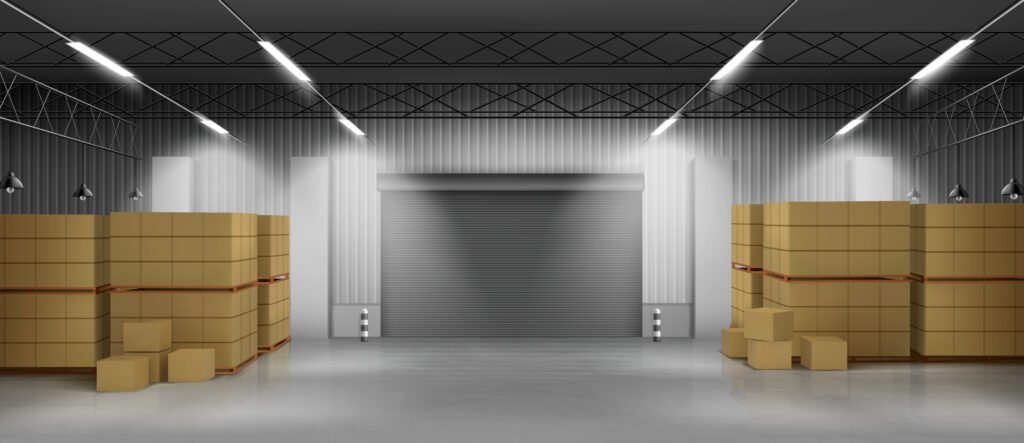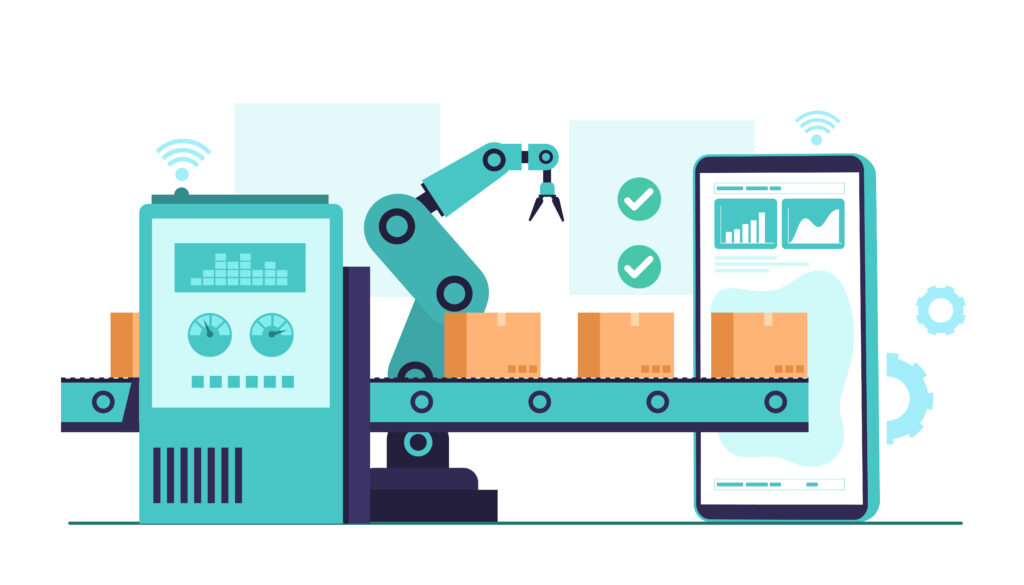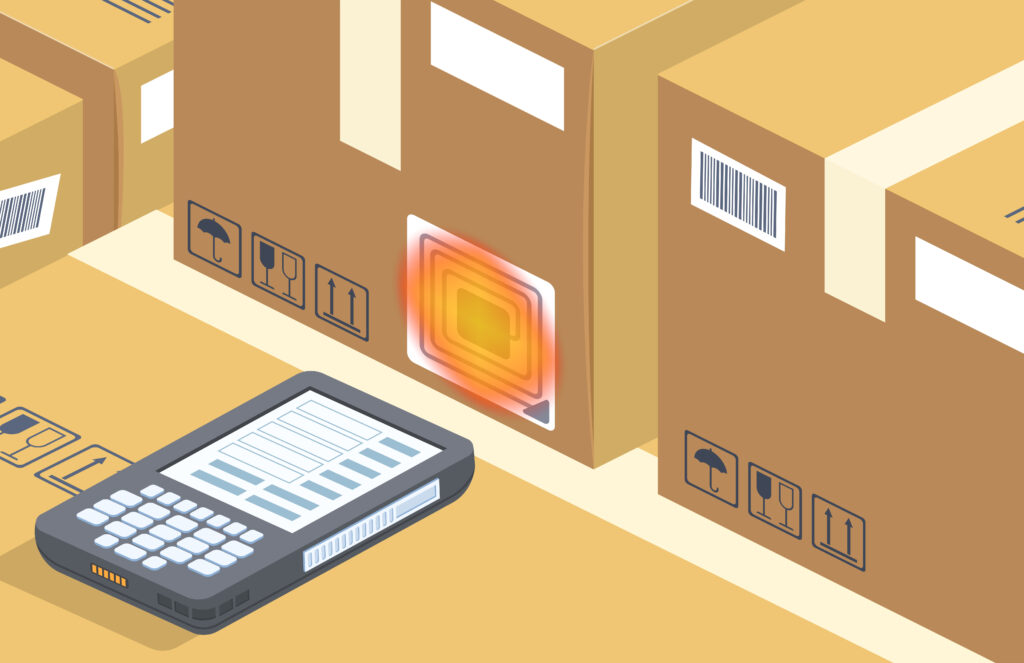Artificial intelligence (AI) is defined as a machine's ability to get knowledge autonomously to learn from experiences and then act on that knowledge. These machines, like humans, can process the latest information and adapt to changing conditions. There is no doubt that AI is a transformative technology. But the benefits of AI are not limited to blue-chip companies and global tech giants. Ultimately, AI will transform every business, in every industry. Supply chain managers can use advanced machine learning tools to improve inventories and discover the best suppliers to keep their businesses working smoothly. Today, a rising number of enterprises are developing an interest in machine learning applications, ranging from their massive benefits to fully harnessing the gigantic volumes of data produced by warehouses, transportation systems, and commercial transportation.
A fully automated warehouse has not been achieved yet, but we can benefit by using AI features to improve warehouse management.
Productivity
AI cannot rule out human labor from the warehouse, but it can help achieve more than a human being, the automated machines can be effective in some tasks producing faster and exact results.
Managers may create a completely integrated system-directed solution, and operations can be transformed and improved. Many software packages already feature an interface with operational rules to be applied in the smart warehouse, as well as a recommended SKU (stock-keeping units) strategy based on sales histories and projections. While human labor currently employs personal knowledge and experience to change slotting strategies, eventually will be taken over by Artificial Intelligence algorithms.
Communication
Wireless cloud data is already aiding warehouse management systems in communicating. Using wireless cloud data communications, all parts of the system can engage in system monitoring and control. Furthermore, deep learning procedures allow machines to constantly analyze the data streams provided by these components, allowing them to make real-time modifications and enhancements in an integrated WMS (Warehouse Management System). Automated systems that use AI algorithms can interact at a rate that is tenfold faster than human operators.
Inventory
RFID is substituting paper records and barcode scanners for inventory management and organization, monitoring items with digitized labels, and enabling more precise and exact inventory control. RFID scanners do not require direct line-of-sight control since the system employs radio waves to send data around; instead, they are just aimed in the right area to find a product and guide its mobility into, out of, and throughout the warehouse.
This is regulated by the smart warehouse's central AI processing system, which influences the density of order processing to boost productivity. The system also predicts the demand for new products and forecasts the influx of new orders. The efficiency of the AI predictions makes it compelling to include it as a valuable aspect of the warehouse.
Data
Gaining more contextual knowledge using AI algorithms and similar technologies throughout supply chain operations results in cheaper inventory and operations costs as well as faster customer response times. You can say goodbye to spreadsheets and difficult calculations. The algorithmic analysis of AI will aid your firm in understanding its existing position, recognizing trends, and developing superior strategic goals.
Corporations can also prolong the life of important supply chain assets like plants and machinery, locomotives, vehicles, and warehousing equipment by discovering the latest trends in using data provided by IoT technology. AI algorithms discover new relationships in supply management data in real-time, with no requirement for human participation to lead the study; the systems continuously query data with many constraints-based models to find the core collection of parameters with the highest predictive accuracy.
Logistics
Another method AI will improve warehouse management is through logistics optimization. Consider estimating the number of pallets that must be transported on any day, the amount of equipment needed to accommodate that operation, and the related labor requirement. Historically, such estimates depended on parameters like as operator skillset and SKU (stock-keeping units), but ML algorithms now allow for thorough real-time inventory predictions and administration to fine-tune warehouse operations.
Operator error and processing times can be decreased, resulting in increased overall efficiency and production.
AI and machine learning enable the discovery of correlations in supply management data by creating and analyzing systems that swiftly find the most relevant aspects in the performance of a supply chain network, while continually evolving in the meantime. This practice of uncovering new correlations in supply chain data has the potential to transform any organization.
Warehouses are often faced with issues that cannot be expected alone without the usage of strong technology. By predicting trends and helping organizations maintain their inventories and processes throughout shifting times, AI provides organizations with an increase in their degree of preparation for various situations.
Reference:
web.archive.org




